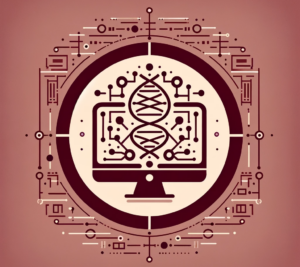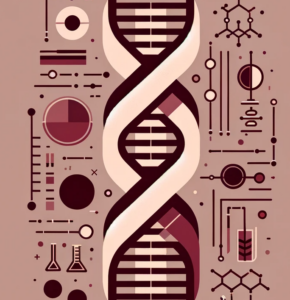The Synthetic Biology and Biomanufacturing Team at TAMU seeks to develop new tools and capabilities to efficiently design, build, and understand engineered organisms and to apply these new methods in an integrative way for applications in sustainable bioproduction, bioremediation, health, agriculture, as well as other areas of global and societal importance. We bring together an interdisciplinary team of experts from engineering, physical/chemical sciences, and life sciences to achieve this goal.
Research Themes – Tools and Methods
High-throughput Automation

Providing an unprecedented throughput and automation for building and testing engineered organisms
The need for extensive experimental work exists at almost every stage of the Synthetic Biology R&D pipeline, from ultra-high-throughput screening at the front end to conducting varieties of validation tests on the back end once promising strains/molecules are identified. Microfluidics is an ideal method, providing single-cell-resolution, high accuracy, low cost, and automated liquid sample handling capabilities. We are developing high-throughput microfluidic chip-based screening systems that enable handling thousands to millions of assays per day, and applying them for ultra-high-throughput screening works needed for going through libraries with cellular and/or molecular diversities in the millions, as is common in many SynBio applications.
Computation / Artificial Intelligence

Machine Learning and Advanced Computational Tools for Biological System
Computational biology and machine learning harness unparalleled power, processing vast amounts of biological data, making accurate predictions, and conducting complex analyses with efficiency. They revolutionize fields such as genomics, proteomics, systems biology, and microbiology. The capabilities of these computational tools range from predicting protein structures, simulating bacterial population dynamics, to modeling ecological interactions. Their strength lies in continuous learning, adapting to new data, and improving performance over time. We are developing advanced computational tools and machine learning algorithms to explore and engineer biological systems, including macromolecules, bacteria, and biological communities.
Biomolecular Engineering

Providing groundbreaking solutions through precise manipulation of biological systems at biomolecular levels
Biomolecular engineering involves the design and manipulation of biological molecules and systems for applications. It integrates principles of molecular biology and biochemistry with engineering approaches to create new technologies and products. We are now developing and applying biomolecular engineering tools to enable a variety applications in health, environment, and energy.
Bioprocess Development

Providing scalable production of bio-based products for diverse applications.
Bioprocess development utilizes biology and engineering principles to scale biomanufacturing processes from bench to commercial scale. It is an integral part of the pathway to commercialization for products manufactured using living organisms.
Research Themes – Applications
Sustainable bioproduction and bioremediation
- Plastic recycling
- Small-molecule production
- …
Health applications
- Vaccine/macromolecule engineering
- Community engineering
- …
